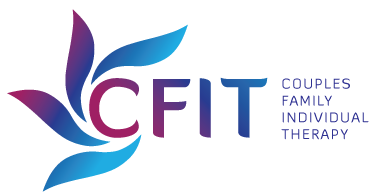Marriage Comparisons (Click Title to Leave a Comment)
/During the past few weeks, I attended two weddings. Both couples reside in Northern Virginia. Each ceremony included family members sharing a reading or a blessing. The fathers of one couple jointly lit a set of candles to demonstrate the solidarity of the two families. Many of the invited guests traveled thousands of miles to attend the respective ceremonies. The receptions were full of laughter, smiles, hugs, good wishes, dance music and excellent food.
Both couples opted to get married outside of Virginia. The first couple celebrated a destination wedding in which the groom had dreamed of an island wedding and the bride fulfilled her wish of a wedding at a specific location her granduncle introduced her to on a family vacation as a teenager. The second couple celebrated at a beautiful mansion in Maryland. The first couple has been together for about three years and the wedding was a catalyst for creating a new home. The second couple has been living together for more than a decade after thirteen years of dating. The savvy reader has likely figured out that the first couple is heterosexual and the second couple is gay.
The heterosexual couple had the option of being married in Virginia while having their marriage validated – not so for the gay couple. If the bride is injured or sick resulting in hospitalization in Virginia, the groom would be consulted about any medical decisions due to the status of being married – not the same for the gay grooms. Both couples will have the option to file joint Federal tax returns, but only the heterosexual couple will have that option for state tax returns in Virginia.
So when the subject of gay marriage turns to states such as Florida, Virginia, Texas and any other US State which does not recognize gay marriages, the legal rights of two lesbian brides or two gay grooms are “less than” the rights of a married heterosexual couple. One of the reasons I appreciated the gay wedding taking place in Maryland is that Maryland laws are structured to support the legality of gay marriage while clergy of various faiths have the option to refer elsewhere if the place of worship is not accepting of gay marriage (yes, legal rights for all combined with religious freedom for all). And the pastor serving at the gay wedding was so pleased to be officiating the wedding in full capacity of her faith.
On Wednesday, June 25th, I am honored to co-facilitate a workshop about gay marriage with local attorney Dean Trantalis. Florida does not recognize gay marriage and as such, couples must be well aware of various rights and lack of rights by pursuing marriage in another US state. We will also discuss the communication and negotiation skills that gay and lesbian couples need when investigating the impact of a gay wedding.
While I look forward to the day that each of the couples cited above will enjoy the same rights as a married couple, I certainly support both couples in their respective celebrations of their lifetime commitments and status as soulmates. It’s been an honor to be included as a guest and close friend at each marriage celebration.


